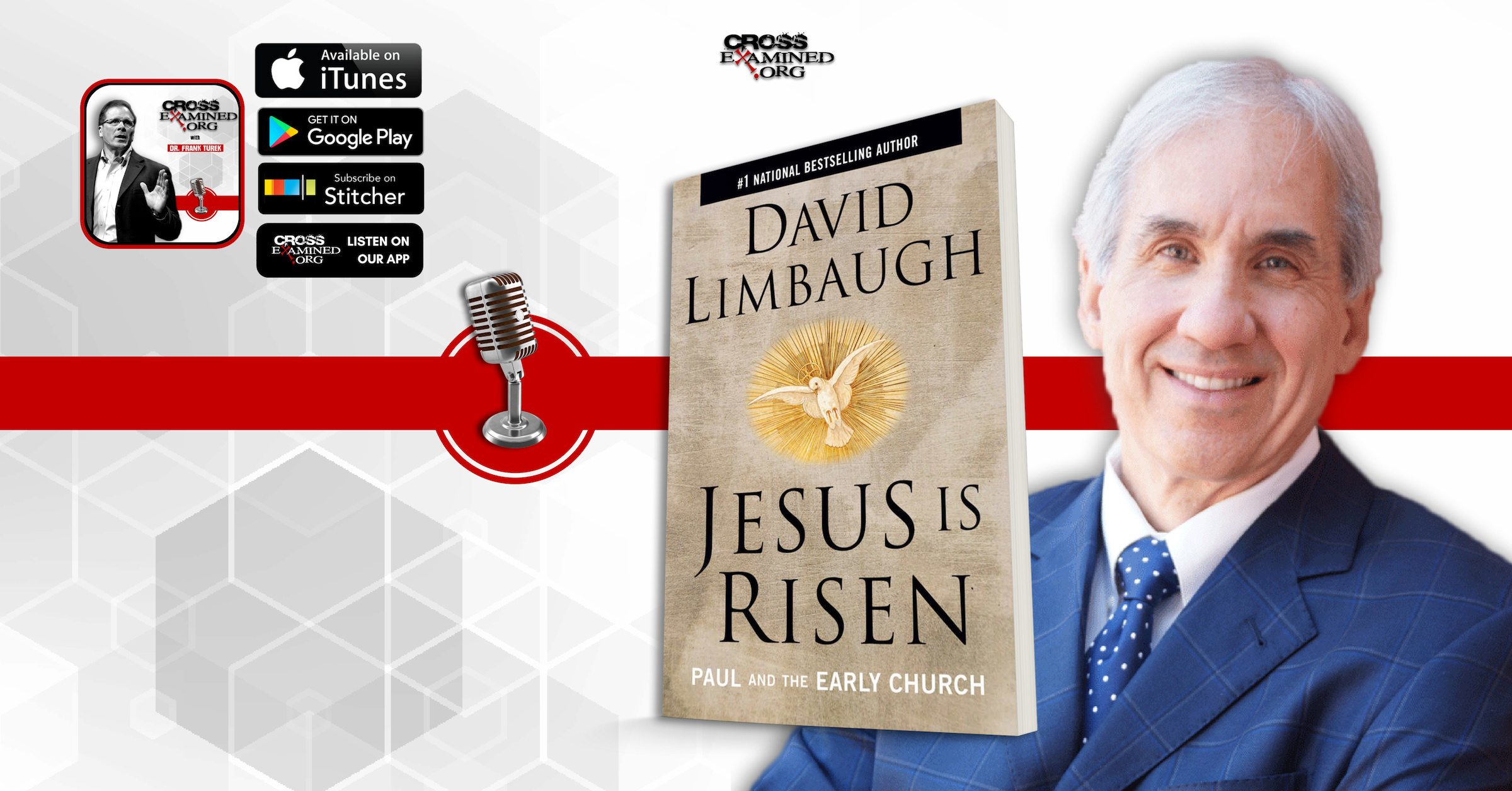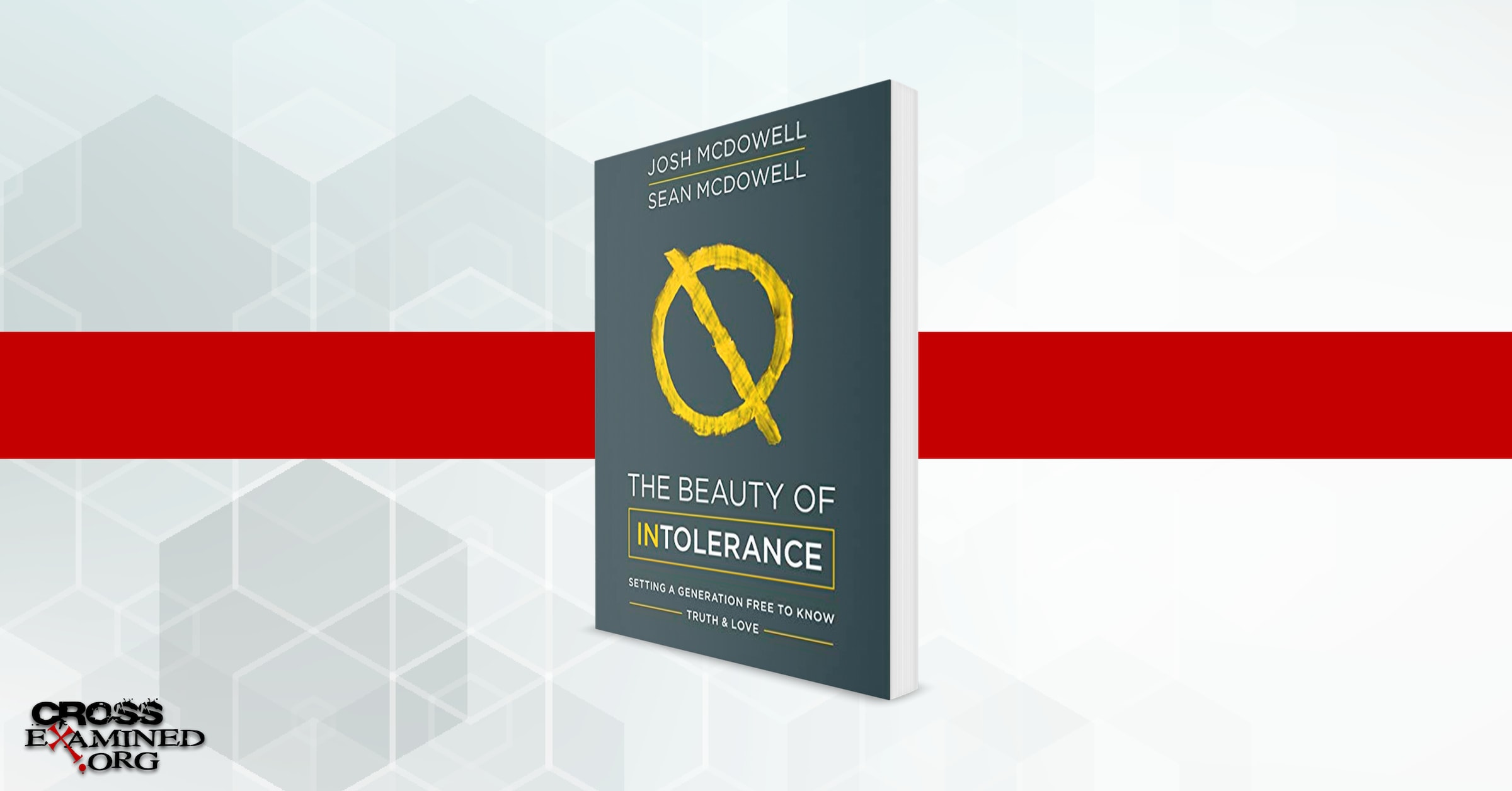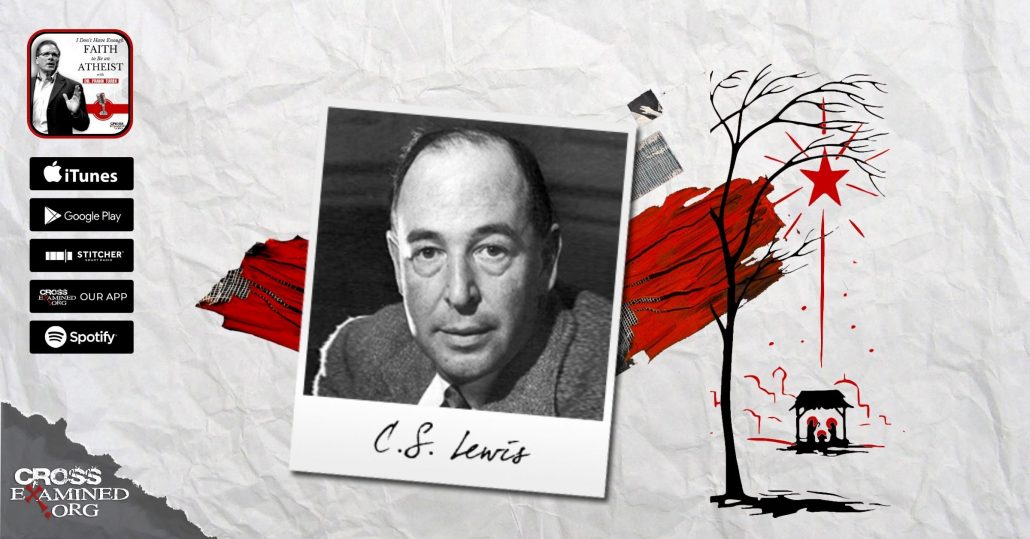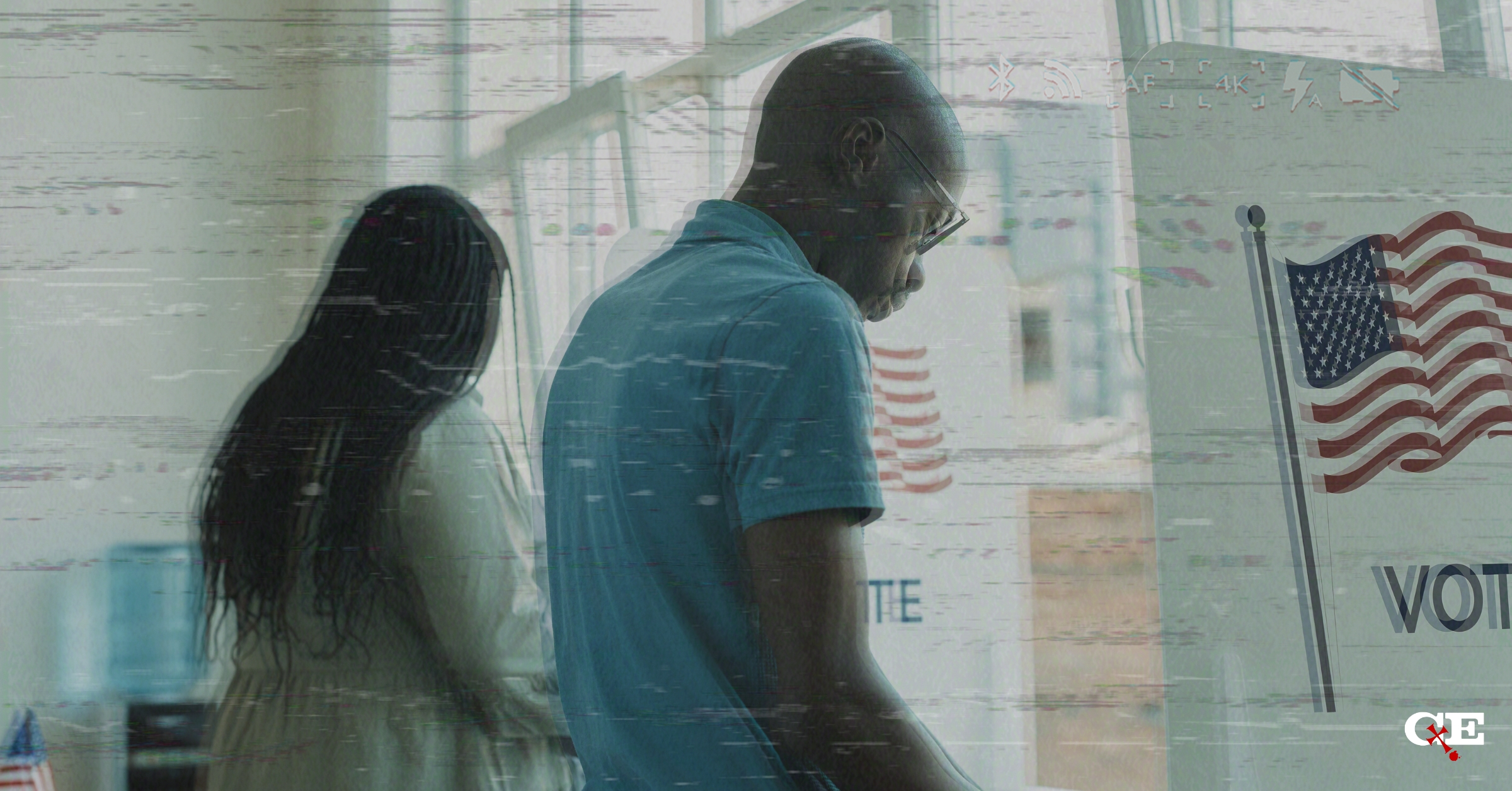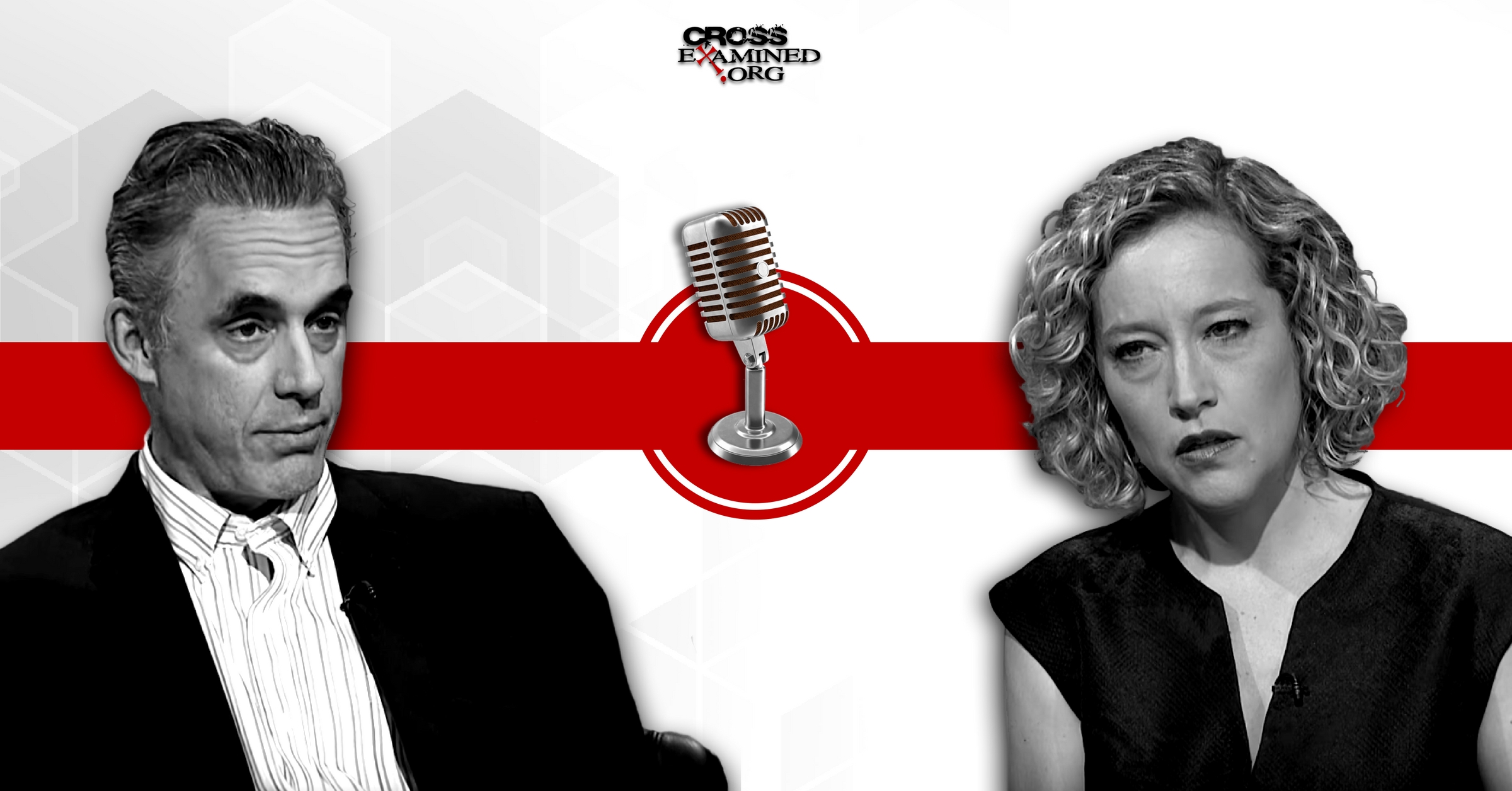What Children Show Us About Human Nature
Most non-believers will tell you that man is basically “good.” When he acts against that basic goodness, it’s the result of disease, such as alcoholism, drug addiction, or some form of mental illness. These, in turn, stem from a failure of society to reach out and provide the right kind of assistance and services. If only we as a society could do more, spend more, provide more, we could eventually create the kind of utopia that “good” people populate.
Christianity, by contrast, teaches a much different worldview. Long ago, the first man and woman exercised their free will to rebel against God, and in so doing created a rift between man and God that continues to this day. Though man has a certain inherent goodness, because he bears the image of God, he is at present broken, corrupted, and fallen, and he manifests that fallen nature in a way that we see quite starkly. Christians have a name for this manifestation – sin. It afflicts and motivates all of us, and no one can escape its pull. Not without divine help, anyway.
Worldviews Shape Our Response to the Gospel
These contrasting worldviews cannot both be correct. And depending on which view you accept, your response to the good news of the Gospel will be different. “Good” people who simply need more education and more refinement don’t need a Savior; they can do just fine on their own, and with a little help from society. But fallen and corrupted people, even well-intentioned ones, are not going to be able to pull themselves up by their bootstraps. Their nature, constantly at war with the good that is within them, needs to be recast – remade in the image of the God who made them and left them here.
Is there a way to “prove” which view is correct? How can we reliably determine what man is like in his natural state? First, we need to get our minds around what we mean by terms like “good” or “evil.” I would suggest a simple definition: what we recognize as “good” in other people is the product of an intentional effort at selflessness. Whether it’s sacrificial love, working for charity or simply a random act of kindness – what we experience as “good” is an act directed to the benefit of the other. By contrast, what we see as evil is an act directed at satisfying within oneself a base or selfish end. The quests for power, for recognition, for material wealth, for dominance – all these things drive people to ignore the harm inflicted as they climb over those who stand in their way.
But, What About the Babies?!
Now, with this basic concept in mind, what can we see from examining man in his most primitive state? I don’t mean primitive as in caveman, but as in newborn. Spend even a little time with infants and toddlers, and you’ll see some basic features emerge. Each views himself as the center of the universe and expects his parents and the other kids around him to treat him accordingly. With each passing month, the willfulness of the child’s behavior becomes increasingly apparent: from every fiber of his being, he is shouting, “I want things my way!” Whether it’s food or drink, when and how he wants it, his mother’s attention, or his playmate’s toys, a developing child’s “me-focus” is readily on display. And if his will is thwarted, there is no resort to reason – a temper tantrum is the predictable result.
Now, some might object that children are innocent and cannot be described as bad or broken, or worse yet, evil. They might point out that children are free from the biases and prejudices that sour many adult relationships. But this objection misses my point. I would not describe children as evil either, because evil implies a level of awareness of the harm one is doing, and a small child does not yet appreciate the consequences of his behavior. But the child’s behavior is reflective of the way his mind operates, and unless a parent applies discipline and training to bend the will to a proper orientation, a spoiled, self-centered adolescent will emerge.
Evil Comes Naturally
Consider: no parents ever have to train their child to give up his positive and sunny disposition and be more critical of others; they don’t need to punish their children for sharing too much and instead teach them to rip their toys out of the hands of their playmates; they don’t need to insist that a child stop thinking so much about what he can do for his parents – “Can’t I wash the dishes or sweep the deck? I really don’t have anything else to do?” No, for every child, the process of “civilizing” is a process of moving from a me-centered selfishness to an other-centered effort to get along.
Children don’t have the insight yet to seek to change their ways, to live more cooperatively and altruistically. Their parents’ job is to teach them – to help them move from their inherent fallenness to a state which is not quite natural to us, a state in which we are intentional about trying to do good. The non-believer can also do good. But by rejecting God as the source of true goodness, he remains in defiance to God. He refuses to see his need for a Savior to finish the job of making him good. He refuses to bend his will to God. It is no coincidence that the Bible speaks of becoming a “slave” to Christ. For in the end, it is only by bending to Him – by dying to ourselves as we look outward to others in order to better serve Him – that we can eventually find the solution to our problem.
Believing that we are basically good flies in the face of the reality of what we truly are. It stands in the way of our crying out for the Savior who alone has the power to restore us. Observing children in their natural condition can help give us a better picture of ours.
This is one of the few lessons that we should allow our children to teach us.
Recommended Resources:
If God, Why Evil? (DVD Set), (MP3 Set), and (mp4 Download Set) by Frank Turek
Why Doesn’t God Intervene More? (DVD Set), (MP3 Set), and (mp4 Download Set) by Frank Turek
Why does God allow Bad Things to Happen to Good People? (DVD) and (mp4 Download) by Frank Turek
Relief From the Worst Pain You’ll Ever Experience (DVD) (MP3) (Mp4 Download) by Gary Habermas
Al Serrato earned his law degree from the University of California at Berkeley in 1985. He began his career as an FBI special agent before becoming a prosecutor in California, where he worked for 33 years. An introduction to CS Lewis’ works sparked his interest in Apologetics, which he has pursued for the past three decades. He got his start writing Apologetics with J. Warner Wallace and Pleaseconvinceme.com.



